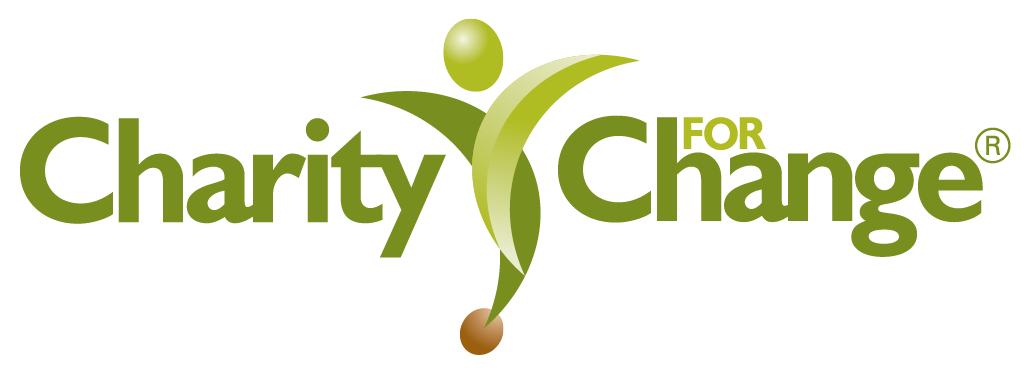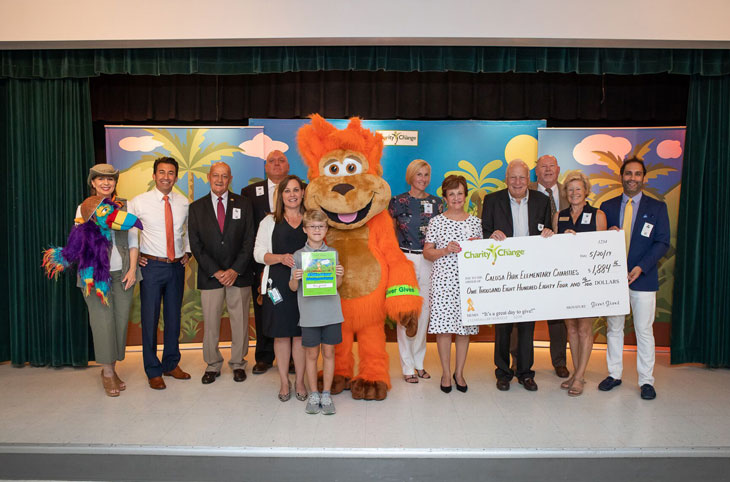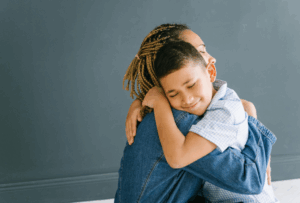By Karen Conley, president, CEO and founder of Charity for Change
As we near the end of April and the 15th anniversary of Financial Literacy Month, statistics show little progress in financial literacy since the senate started the awareness month in 2004:
- 2/3 of American adults can’t pass a basic financial literacy test.
- 44% of Americans don’t have enough cash to cover a $400 emergency.
- 33% of American adults have nothing saved for retirement. Most Americans will need at least $1 million to retire.
- 38% of U.S. households have credit card debt. On average, they owe $16,048 with annual percentage rate interest at 16.47%. If they took 10 years to pay off the balance, they would have spent $16,695 in interest.
- Only five states have a personal finance requirement in high school: Utah, Alabama, Missouri, Tennessee and Virginia. That’s only 16.4% of U.S. students required to take a personal finance course to graduate high school.
According to the President’s Advisory Council on Financial Literacy: “Financial illiteracy is not an issue unique to any one population. It affects everyone: men and women, young and old, across all racial and socioeconomic lines. No longer can we stand by and ignore this problem. The economic future of the United States depends on it.”
Financial literacy is necessary for upcoming generations to succeed professionally. And studies have proven that people who acquire financial literacy in childhood are happier, healthier and more confident as adults.
In fact, the younger children are when they begin to learn the basics of money, the better habits they’re likely to form as they grow. It’s important to provide children with opportunities to practice making money decisions long before they venture out into the real world.
Charity for Change has been at the forefront of teaching children financial literacy and responsibility through school-based and after school programs since 2008. Our vision is to empower Pre-K through 5th grade children to achieve their full potential through character education, active charitable and community involvement, academics, and parental and community engagement. Our goal is to cultivate confident and compassionate children who become successful learners, contribute to their schools and communities, and participate in society as ethical, employable, resilient and self-reliant citizens. The Giver Program has engaged more than 60,000 elementary aged children with its weekly curriculum for afterschool, summer school, in-school and preschool.
The components of our programs provide a foundation for academic achievement, anti-bullying, volunteerism, community involvement, and social and personal responsibility. In addition, our programs help children learn financial responsibility.
Our Giver Program teaches children how to set and meet financial goals. Each classroom learns about three charities in five sessions throughout the year and sets a fundraising goal. To meet that goal, children bring in change from home to donate and host mini fundraisers. They can “earn” additional dollars for their charities (donated by community partners) with successful answers to interactive math games each week.
Charity representatives visit the classrooms and teach about the services they provide, helping students connect to how their donations help others. Through the Giver Program, children learn they have a choice about where, when, how, and why they spend their money, all important elements of financial literacy.
In addition, children in our programs learn about how their decisions impact the world around them. They learn important skills necessary to become well-rounded individuals: self-awareness, self-management, social awareness, relationship skills and responsible decision-making. These components provide a foundation for higher academic achievement and increased pro-social behaviors, reinforcing future employability skills and enhancing students’ ability succeed in school, careers and life.
To learn more about Charity for Change, visit www.charityforchange.org, call (239) 592-6787, or email karenconley@charityforchange.org.





